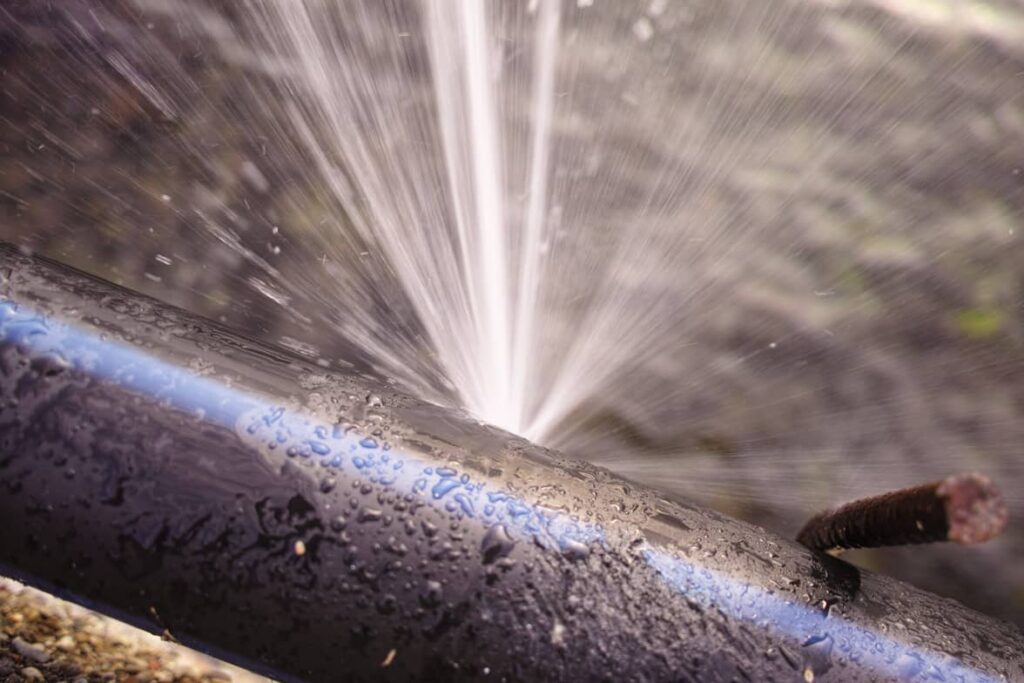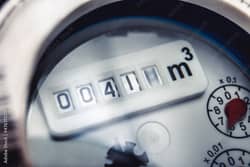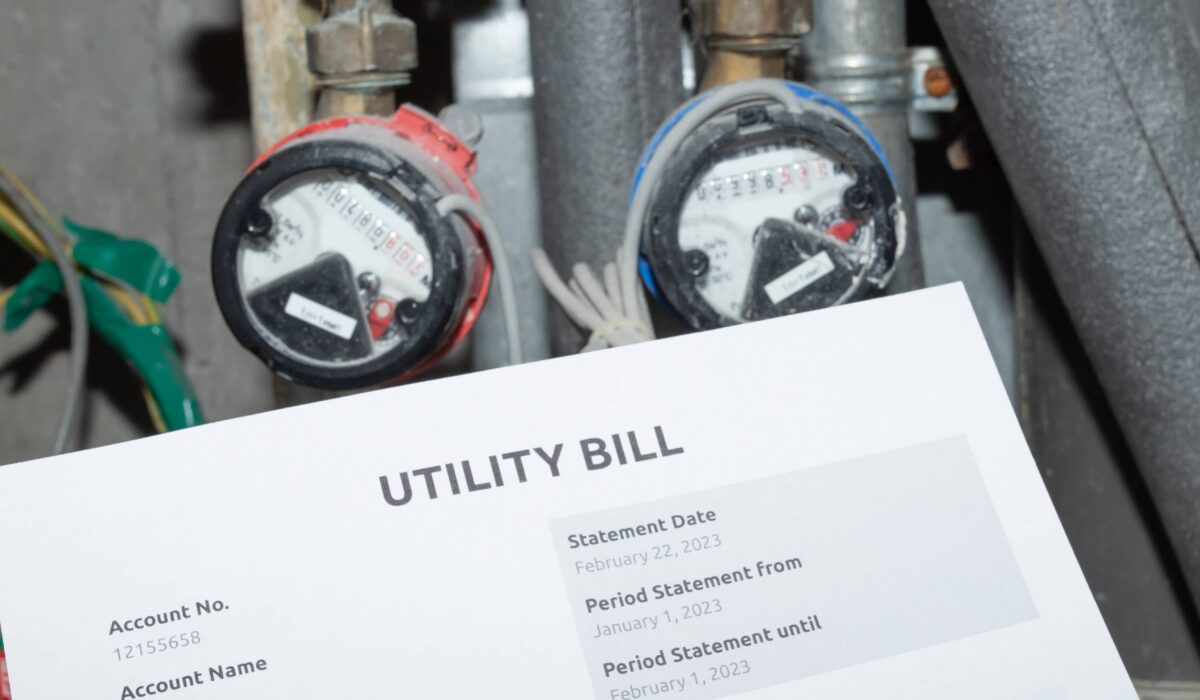A sewer is an underground system of pipes that carries wastewater and sewage from homes and businesses to treatment plants. Without a sewer system, water would be released into the environment and pollute it. It would also cause health issues. The good thing is in the U.S. we have functioning sewer systems. When you get your bill each month, you may notice that the bill is high. You may be wondering how to reduce your sewer bill. Check the pipes for leaks, shorten your showers, and don’t leave your water running. Also, wash clothes with a full load, and use energy-efficient appliances.

Steps to Reduce Your Sewer Bill
There are several steps you can take to reduce your sewer bill and conserve water:
- Check your pipes for leaks: Leaky pipes can waste a significant amount of water. Regularly inspect your pipes for any leaks and have them repaired promptly.
- Change your shower habits: Take shorter showers and consider installing low-flow showerheads. This can help reduce the amount of water going down the drain.
- Don’t leave your water faucet running: Be mindful of leaving the faucet on unnecessarily, such as when brushing your teeth or washing dishes. Turn off the tap when not in use.
- Wash clothes when you have a full load: Running the washing machine with a full load of laundry helps maximize water usage efficiency.
- Use energy-efficient appliances: Investing in energy-efficient appliances, such as dishwashers and washing machines, can help minimize water wastage.
- Use low-flow fixtures: Install low-flow toilets and faucets to reduce water consumption without compromising functionality.
What If I Don’t Pay My Sewer Bill?
Failing to pay your sewer bill can lead to consequences such as penalties, late fees, disconnection of services, and even legal action by the municipality or utility company. It is important to fulfill your financial obligations to avoid such issues. If you have a dispute, talk to the company that handles your bill and see if you can come to an agreement or an understanding of the bill.

Additional Ways To Reduce Your Sewer Bill
- Install low-flow fixtures: Replace old toilets, faucets, and showerheads with water-efficient models to reduce water usage.
- Fix leaks promptly: Regularly check for and repair any leaks in plumbing fixtures, pipes, or irrigation systems to avoid wasting water.
- Practice water conservation: Opt for shorter showers, only run washing machines and dishwashers when they are full, and collect rainwater for outdoor watering.
- Use water-saving devices: Install aerators on faucets and consider using dual-flush toilets or toilet tank displacement devices to minimize water consumption.
- Limit outdoor water usage: Utilize drought-tolerant landscaping, adjust sprinklers to avoid overwatering, and avoid washing vehicles frequently.
- Educate household members: Encourage family members or roommates to be mindful of their water usage habits and promote a culture of conservation.
- Monitor water meter readings: Regularly check your water meter to detect any sudden increases in water usage, which could indicate leaks or other issues.
- Consider wastewater recycling: Explore the possibility of implementing greywater recycling systems to reuse water from sources like showers or laundry for purposes such as irrigation.
By following these steps, you can actively reduce your sewer bill by conserving water and minimizing wastage.
Other Recommended Maintenance
Now that you know about reducing your sewer bill, there are a few other areas of recommended maintenance.
One of those is making sure you know where your water meter is located. This is important so that you can find it and then read it to see if there are any abnormalities. It will help you with tracking the usage and also allow you to try different things to see if there is a water leak somewhere.
Another is your toilet continues to run. If this is happening, it could be that you need to replace the flapper or the fill valve. This is a DIY or you can call a plumber to do it for you.
Lastly, your shower might squeal and it is important to take care of this. It may happen if you have an old shower head, lime build-up, or there is shower cartridge debris. Additionally, it could be that the handle valve is worn or the diverter valve is old. Whatever it may be, taking time to look into it is important.
When to Call a Professional
If you encounter persistent plumbing issues, severe leaks, or complex sewer-related problems, call a professional plumber. They have the expertise and equipment to handle more extensive repairs and ensure proper sewer system functioning. Keeping an eye on your water bill is important so you can find out issues before they become too big.
Conclusion
It’s important to know what is going on with the plumbing in your home. A good indicator is the rise in your water bill. Additionally, by implementing these measures to reduce water consumption and being responsible with your sewer bill payments, you can contribute to water conservation efforts and maintain a well-functioning sewer system. Be sure to use your local home inspection team first, to determine the best course of action. While taking care of the sewer bill in your home and the plumbing, reach out to Edifice Inspections in Peachtree Corners, GA for a full home inspection.


4 Comments
Comments are closed.